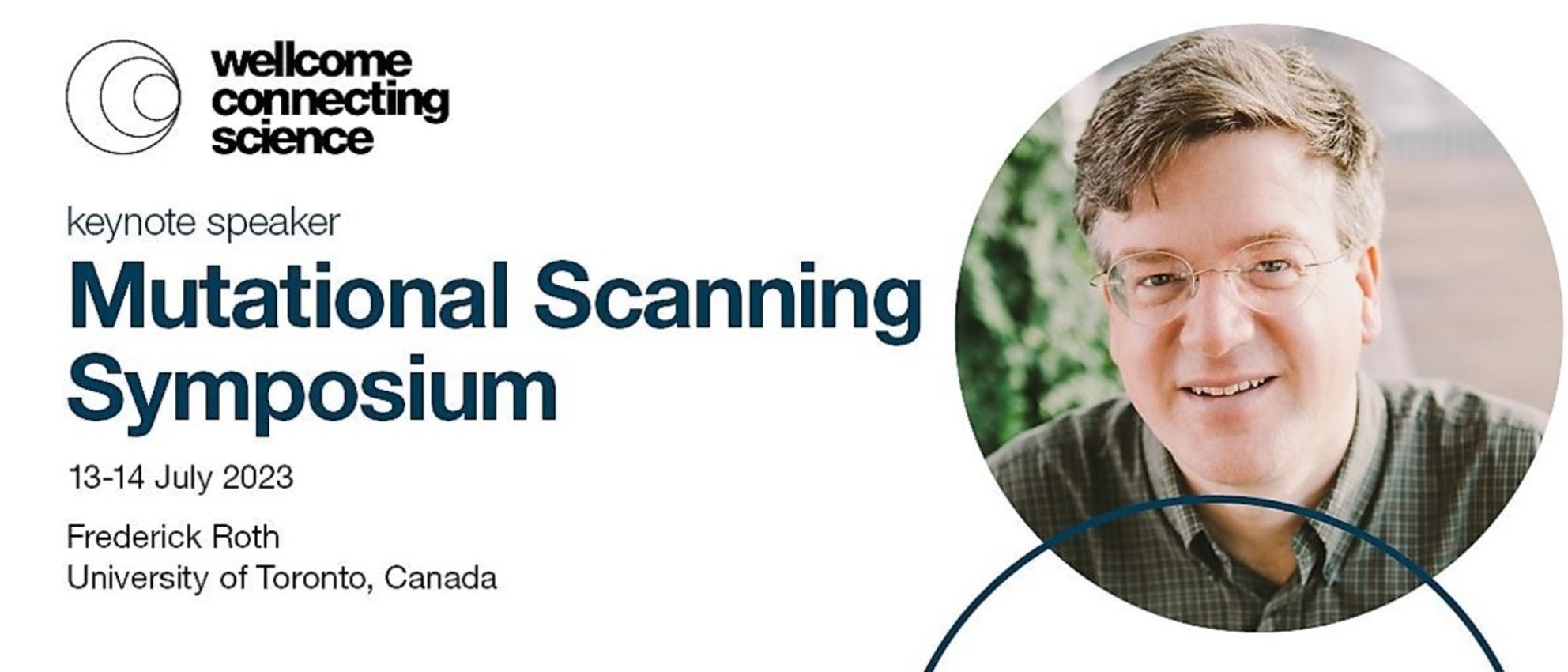
[Dr. Roth is a professor at the University of Toronto Donnelly Centre for Cellular & Biomolecular Research and in the Departments of Molecular Genetics and Computer Science. In addition, he serves on the executive committee of the Atlas of Variant Effects Alliance. In 2022, he hosted the Mutational Scanning Symposium; this year, he is delivering the keynote address.]
Your keynote address is entitled “Towards a contextual atlas of variant effects.” Why is this a timely topic for MSS 2023 and what insights do you want symposium participants to learn from your remarks?
First, I want to convey a key goal that we are working toward in mutational scanning: measuring the impact of all possible DNA variants for every disease gene. We have a lot to do in reaching this goal, but it is achievable. By way of background, the current clinical genetics framework is based on whether or not a variant is “pathogenic” which is defined by whether the variant can cause a disease, in someone under some context. Frankly, that is not terribly useful or interesting for the person who has that variant. They will want to know whether that variant did cause current symptoms (if they have any) or will cause disease and, if so, when.
Now is the time to start thinking ahead on this.
This is the 6th annual symposium. How has it evolved?
The Mutational Scanning Symposium has evolved in the number and geographic diversity of participants. The first one I attended in 2019, which was excellent, might have been subtitled “Seattle and Friends.” It was organized by and predominantly involved researchers at the University of Washington and other Seattle-based organizations.
It has grown internationally since then. The 2021 meeting, held virtually, demonstrated a democratization of the symposium, with highly international participation. It was after that meeting that the Seattle organizers decided to “set MSS free to roam the planet.” As a result, last year we were honored to host it in Toronto; this year we will convene in the UK at the Wellcome Genome Campus.
The Wellcome Sanger Institute is making major investments in studying variants and this is an opportunity for the research institute to showcase its progress.
The theme of the 2023 symposium is “Bringing function to the genome.” What does that phrase mean to you?
American mathematician and geneticist Eric Lander famously summed up the Human Genome Project in seven words: “Genome: Bought the book; hard to read.” A major goal of our work is to systematically measure the functional impacts of changes we see across the genome.
Do you have any other comments or observations the 2023 symposium?
Our meeting immediately follows another scientific conference, “Curating the Clinical Genome,” with a great tradition of convening experts in the world of clinical genetic diagnostics. I expect that many people will register for both conferences, and that there will be a great opportunity for these worlds to collide in interesting ways.
Stay tuned!


